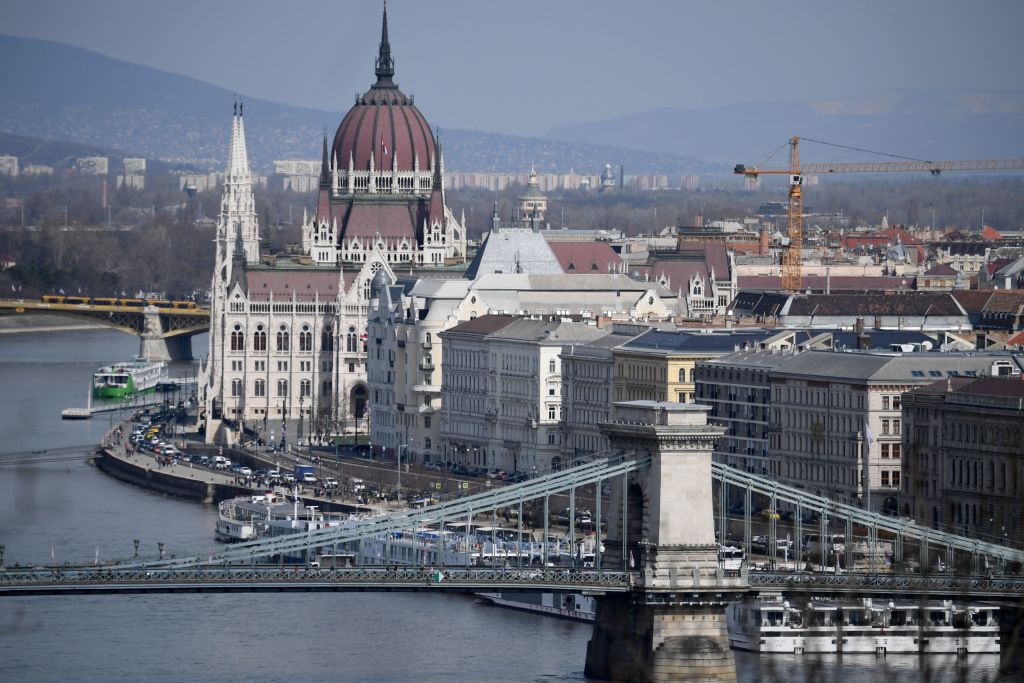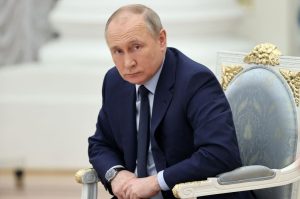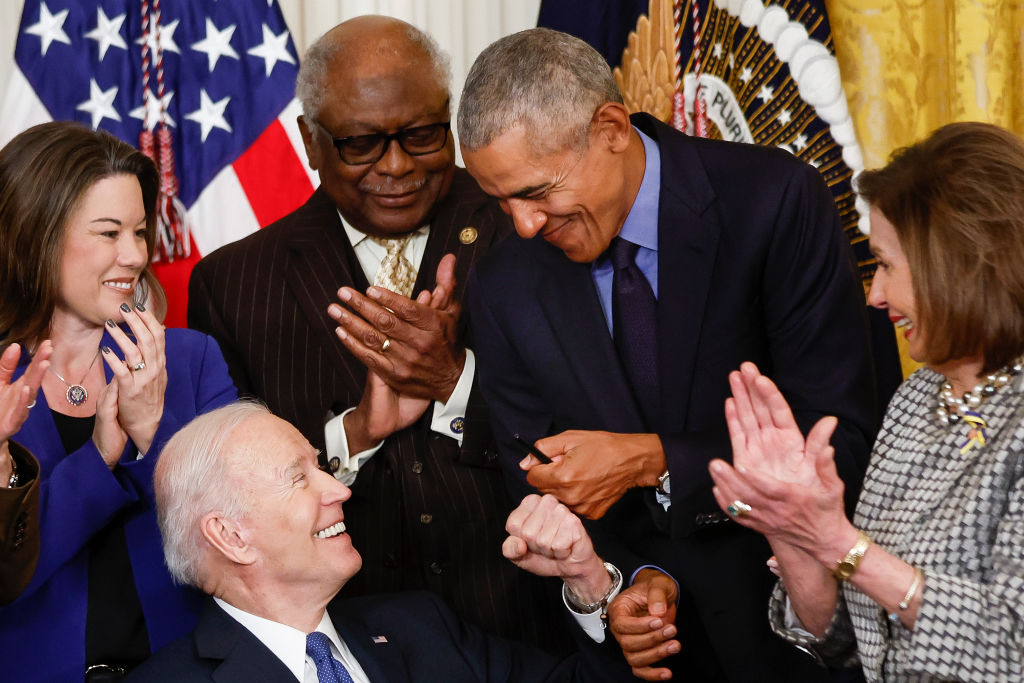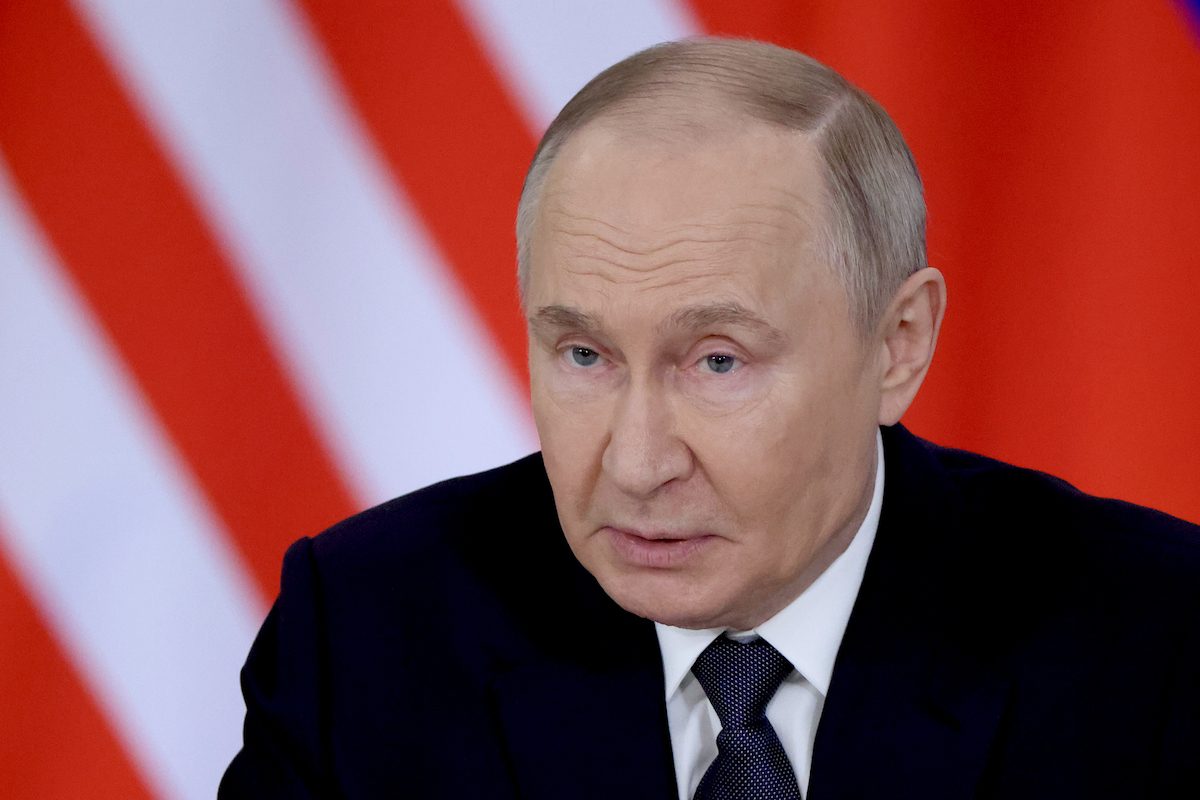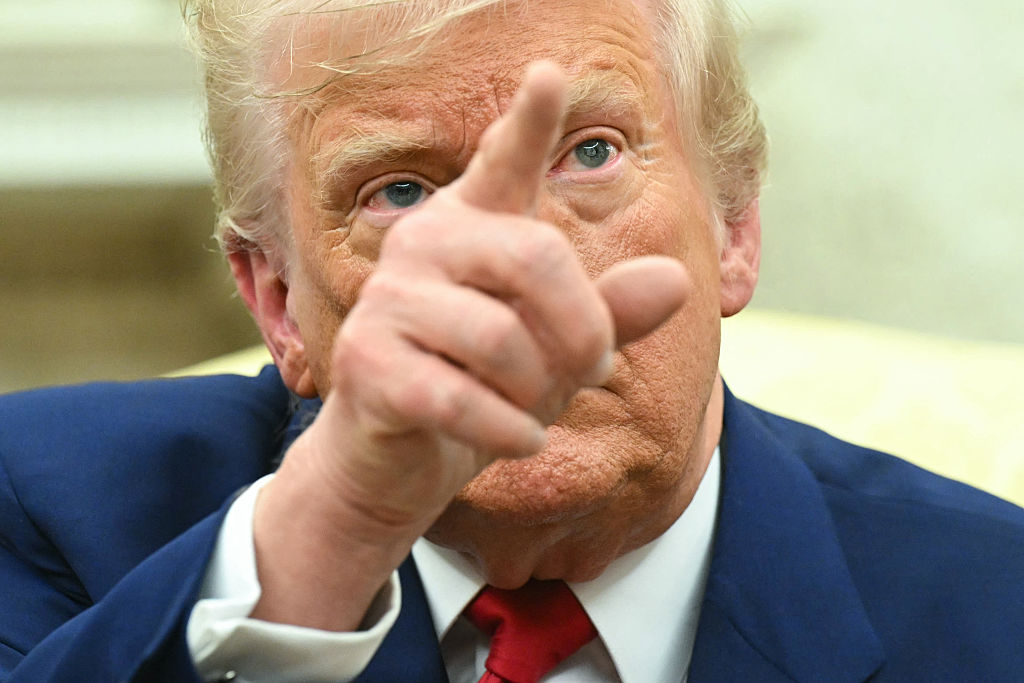Apparently an acquaintance has dubbed me the “Kremlinologist of the right.” Redolent as it is of the Cold War-era drama surrounding the Kremlin, when the West was desperately trying to suss out what Winston Churchill called a riddle wrapped in a mystery inside an enigma, I could hardly object to this quip upon learning of it. Indeed, I recently traveled to two hot spots of the Cold War, Vienna and Budapest.
I went full immersion in Vienna, where I attended a screening of Orson Welles’s The Third Man, a humdinger of a movie if there ever was one. Graham Greene set it in postwar Vienna, which was divided between the four occupying powers, France, Great Britain, America and the Soviet Union. It’s one of my all-time favorites, partly because of the dramatic way the ruins of Vienna are featured and partly because of the black marketeer Harry Lime’s climactic speech to his old chum Holly Martins, a down-at-the-heels pulp novelist, after they finish their ride on a Ferris wheel: “You know what the fellow said — in Italy, for thirty years under the Borgias, they had warfare, terror, murder and bloodshed, but they produced Michelangelo, Leonardo da Vinci and the Renaissance. In Switzerland, they had brotherly love, they had 500 years of democracy and peace — and what did that produce? The cuckoo clock!”
Actually, the cuckoo clock has done pretty well. But as I prepared to leave Vienna to travel by train to Budapest, those gelid words seemed to hang somewhat ominously in the air. My mission to Budapest was to attend the Conservative Political Action Conference, a solemn gathering of the right devoted to snuffing out left-wing heresy whenever and wherever it can. My taxi driver from the railway station to my hotel gave me an earful about the state of the economy, which is running a tidy inflation rate of 27 percent. The evening before the conference I had a delightful dinner with the puckish John O’Sullivan, the head of the Danube Institute, at a local Italian restaurant, where we reminisced about everything from my predecessor as editor of the National Interest magazine, Owen Harries, a formidably astute judge of international relations, to O’Sullivan’s own tenure at the National Review.
The next day wasn’t quite as jolly. I headed over to the Balda conference center, which heralded its “woke-free zone” status, on the banks of the Danube, and was summarily informed by a Hungarian Gorgon that despite previous assurances that I could attend the meeting, there was suddenly no room for me. I quickly repaired to Budapest’s Scruton Café (yes, after Roger) to ponder my fate and the meaning of democracy in Hungary over scrambled eggs and tea. Fortunately, the conference was livestreamed so I was able to follow it and write up an essay in Politico that alluded to the organizers’ insistence on canceling me. As near as I could tell, Prime Minister Viktor Orbán’s Hungary was operating on the Harry Lime principle of democracy.
Another reminder of the Cold War recently arrived when Helen Andrews, a senior editor at the American Conservative, defended the honor of the communist German Democratic Republic by way of reviewing a controversial new book, East Germany, Beyond the Wall, by the historian Katja Hoyer. Writing in Compact, she rehearsed the tired and preposterous claims of the West German left from the 1970s and 1980s about East Germany representing some kind of viable alternative to capitalism. Andrews even dismisses the pervasive surveillance of the regime as “an annoyance at most for the average person.” Easy enough for her to say. Apparently the authoritarianism of communist regimes appeals to Andrews. What’s next? A defense of George Orwell’s Nineteen Eighty-Four as depicting a bucolic utopia where sexual permissiveness is stamped out? To me the mounting fondness in some precincts of the right for authoritarianism on the right simply seems cuckoo. As it happens, I recently completed a book on this topic. Unlike Edward Gibbon, who recalled in his memoirs that after a brief moment of elation upon completing the Decline and Fall of the Roman Empire, “a sober melancholy was spread over my mind by the idea that I had taken an everlasting leave of an old and agreeable companion,” I’m not feeling any pangs about bidding farewell to this topic. The truth is that it won’t be going away.
On the contrary: with Donald Trump gearing up for a rematch against Joe Biden, it’s like something out of a Marvel movie franchise, a titanic assault from a former president lusting to return to the office that he believes a pretender has unfairly usurped. Niall Ferguson, writing for The Spectator, confidently announced that Trump is a shoo-in for reelection, basing his prediction on a certain downturn in the economy. But how much of a certainty is it? For my money, Biden is more likely than not to preside over an economic boom in the next two years, particularly if the Ukraine war, as I expect, ends in a crushing defeat for the Kremlin. Then, and only then, will the Cold War truly come to a terminus.
This article is taken from The Spectator’s July 2023 World edition.



